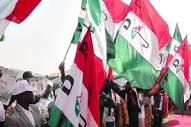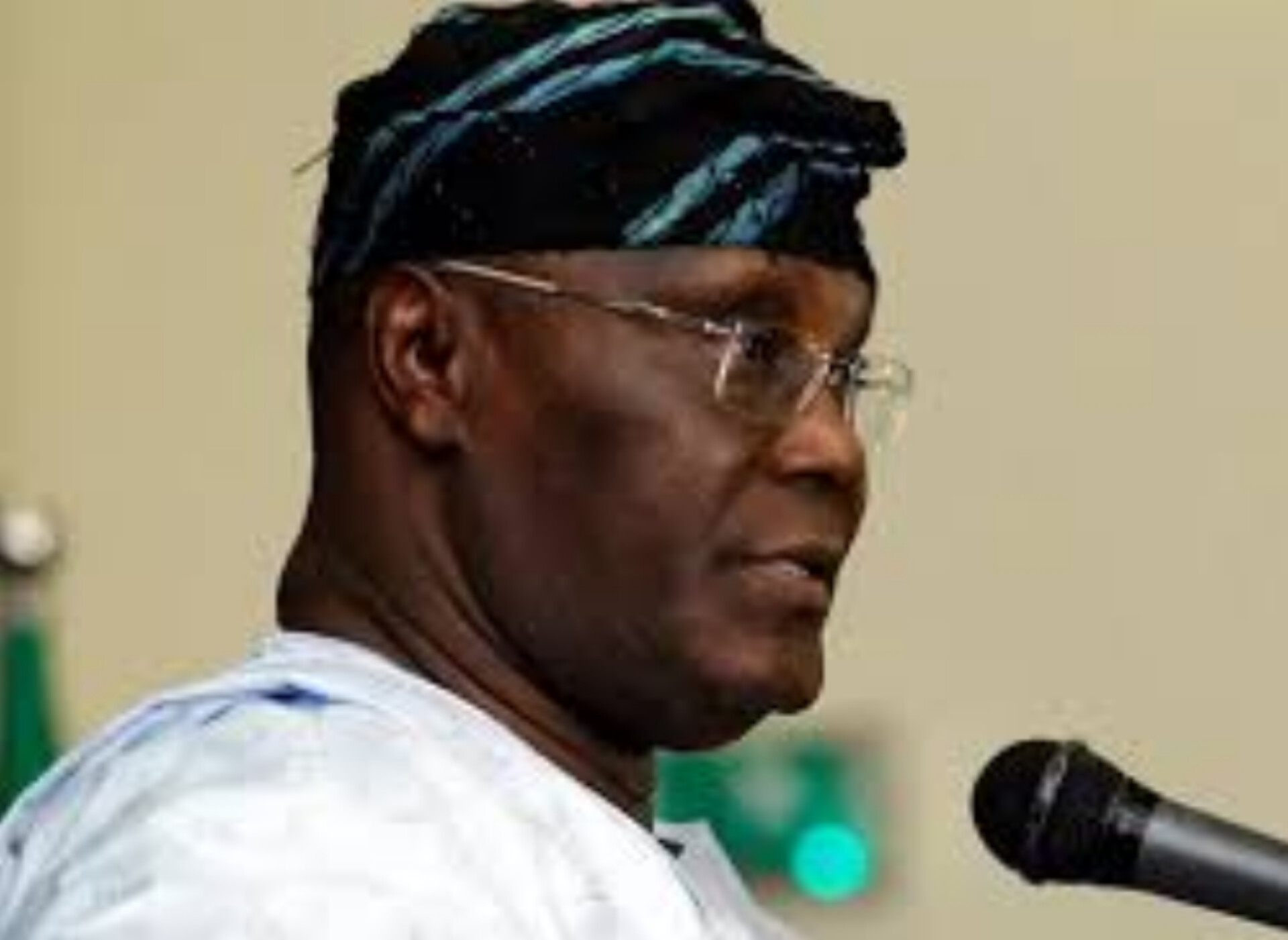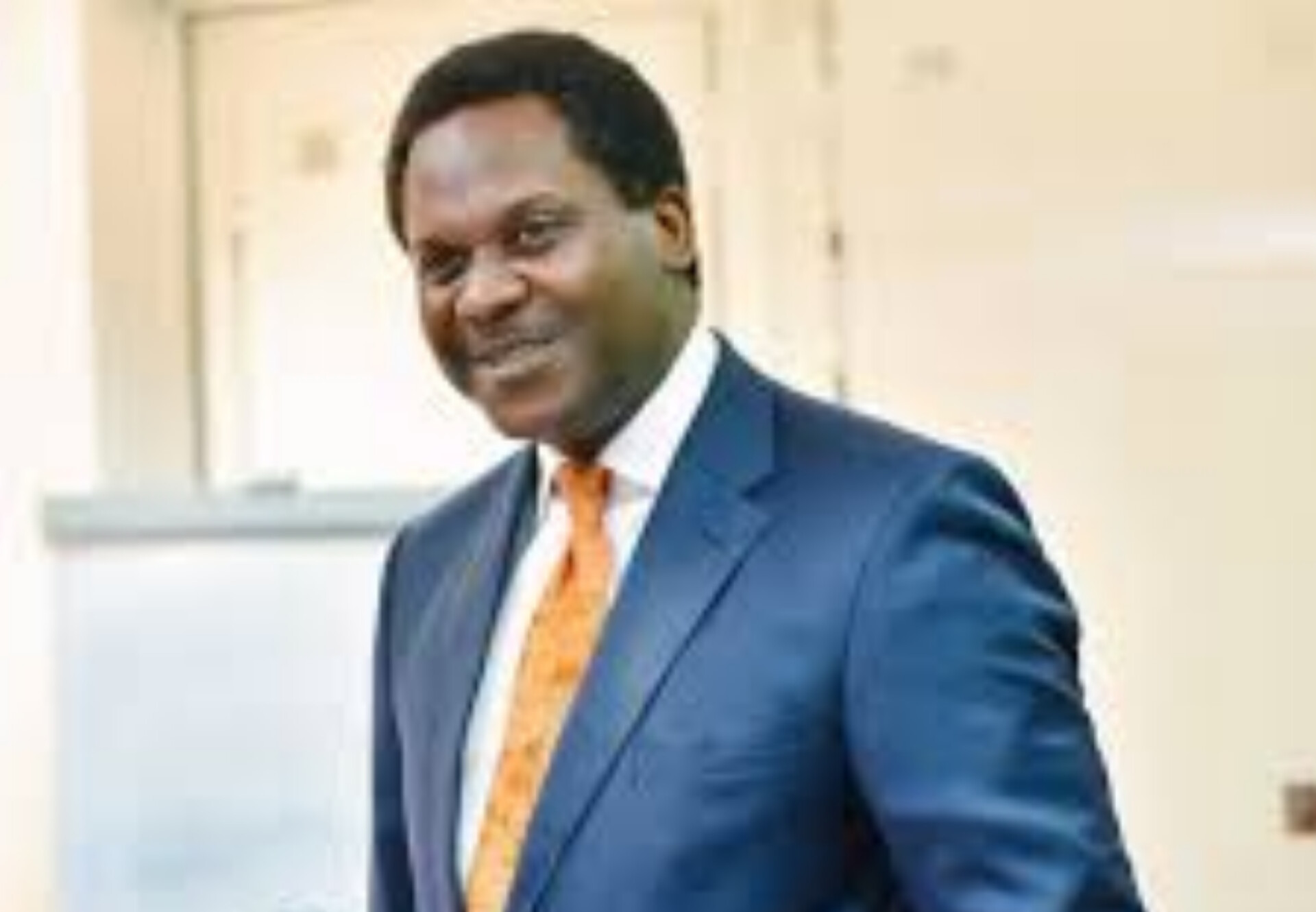By Ehichioya Ezomon
Thursday, September 8, 2022. Several events occurred in the Peoples Democratic Party that may sustain or resolve its crisis since the May 28-29 primaries to choose the party’s standard bearer for the 2023 general election.
One, the embattled National Chairman of the PDP, Dr Iyorcha Ayu, presided at the meeting of the National Executive Committee at its headquarters in Abuja.
Two, the NEC passed a vote of confidence in the Ayu-led National Working Committee, “for effectively managing the affairs of the party” since its election in October 2021.
Three, at a prior meeting, the Chairman, Board of Trustees, Dr Walid Jibrin, resigned, offering himself as a “sacrificial lamb” to appease Rivers State Governor Nyesom Wike, “so the PDP will be united to win the 2023 elections.”
(Earlier reports of resignation of the Chairman of PDP’s Governors’ Forum and Sokoko State Governor Aminu Waziri Tambuwal, was debunked by the forum’s Director-General, CID Maduabum, on September 9.)
Four, Wike swiftly rejected Jibrin’s resignation, as no “god,” worth its name, will accept a lesser sacrifice as propitiation, just to satisfy the desire of “mere mortals.”
Not even the immediate elevation of former Senate President Adolphus Wabara (a southerner from Abia State in the South-East) from the position of secretary to the chairman of the BoT, could soften Wike’s stance.
Wike demands Ayu’s ouster as pre-condition for accepting the double political tragedy he’d suffered in his run for the presidency: Loss of the PDP ticket to Atiku, and the running mate to Delta State Governor Ifeanyi Okowa.
Aftermath of placing second to Atiku at the primaries, Wike repeatedly complained about being schemed out by party chieftains, reportedly spearheaded by Ayu.
Wike’s miffed that, had Tambuwal not stepped down for Atiku at the eleventh hour, he would’ve carried the day, as Atiku polled 371 votes to his 237 votes.
Surprisingly, Ayu later hailed Tambuwal as “the hero of the convention,” ostensibly for swinging the PDP ticket in favour of both Atiku and the Northern region of Nigeria.
The press captured Ayu’s “thank-you-visit” to Tambuwal, in company of former Jigawa State Governor Sule Lamido, and former Imo State Governor Emeka Ihedioha, thus:
“Ayu, who embraced the Sokoto governor warmly and later shook hands with him, first referred to him as ‘my chairman,’ but Tambuwal jocularly retorted, smiling: ‘I’m a small chairman, sir.’
“Ayu then shook hands with him (Tambuwal) again and said, ‘You are the hero of the convention,’ a remark to which Tambuwal replied: “Thank you, sir.”
Atiku also timeously visited Tambuwal on a similar courtesy, thereby feeding into Wike’s narrative of a gang-up against his emergence as the PDP flagbearer.
Recall, though, that based on the region that’d favour his aspiration for president or vice president, Wike’s ready to change his support for rotation of the presidency to the South to retaining power in the North for the 2023 polls.
But after losing the ticket to Atiku, Wike doubled down on a Southern presidency, even as he claimed “Emi lo kan” (as per Bola Ahmed Tinubu) for the position of running mate – on account of his second placing at the primaries.
Then came a June 26 bombshell. Atiku named Dr Okowa as vice presidential candidate, leaving Wike vowing to excise a pound of flesh from the PDP unless it ceded its top positions, including the chairmanship, to the South.
Wike relies on a gentleman’s agreement reportedly entered into by the leadership of the PDP prior to the primaries: That the national chairman would resign his position if the North produced the presidential candidate of the party.
As Atiku, a northerner from Adamawa State in the North-East, has secured the PDP ticket, why won’t Ayu, a fellow northerner from Benue State in North Central (Middle Belt), resign or be induced to quit for a southerner?
This is Wike’s urging, but PDP’s dilemma: How to “force” Ayu out of office barely 10 months into a four-year tenure beginning on October 31, 2021, and as the countdown starts for the crucial 2023 polls about five months away.
The question: Who’ll win the ego-filled battle of supremacy between Atiku, backed by the PDP leadership, and Wike, supported mostly by the governors from the South-South, South-East, South-West and North Central?
Wike hasn’t shown any inclination to back down, or shift ground, even as the chair of the PDP BoT has been taken up by a southerner, which should fit into Wike’s demands.
Were Ayu to resign from the national chair, would Wike be satisfied, and not shift the goalpost, to squeeze the PDP for more, even if unmerited political concessions?
Added to PDP’s worries is Wike’s romance – in Nigeria and overseas – with the presidential candidates and proxies of the All Progressives Congress and the Labour Party.
Wike glories in such high-profile meetings, especially when he extends invitations to opposing politicians to flag-off or commission projects executed by his administration.
The PDP is in a peculiar dire strait, as most of its leaders, and the rank and file think, erroneously, that Wike alone has the “magic wand” to winning the 2023 elections.
And Wike continues his daily commentaries: That without his asking the people of Rivers to cast their ballots for them, Atiku and the PDP will lose the elections.
It’s a novel psychological warfare by a “PDP man to the core,” such that even diehard members are less optimistic about victories in the February and March 2023 polls.
Last Line: A suit is reportedly instituted at a Federal High Court in Abuja, seeking to dissolve the Ayu-led NWC of the PDP, for alleged improper constitution via a National Convention of October 30 and 31, 2021, where Ayu and 20 Members were elected into the NWC.
Specifically, the lawsuit seeks to declare “the outcome and all matters, resolutions, decisions and steps, including the election/adoption of the 2nd to 20th Defendants as National Chairman and Members of the National Working Committee (NWC) of the 1st Defendant (PDP) as null and void and of no effect whatsoever by reason of it being improperly constituted.”
The dreaded writ, linked to former PDP Chairman Uche Secondus, can unwittingly settle the current rift in the PDP if judgment is given for a fresh National Convention, and yet upend the party’s calculations for the 2023 elections.
Mr Ezomon, Journalist and Media Consultant, writes from Lagos, Nigeria.





